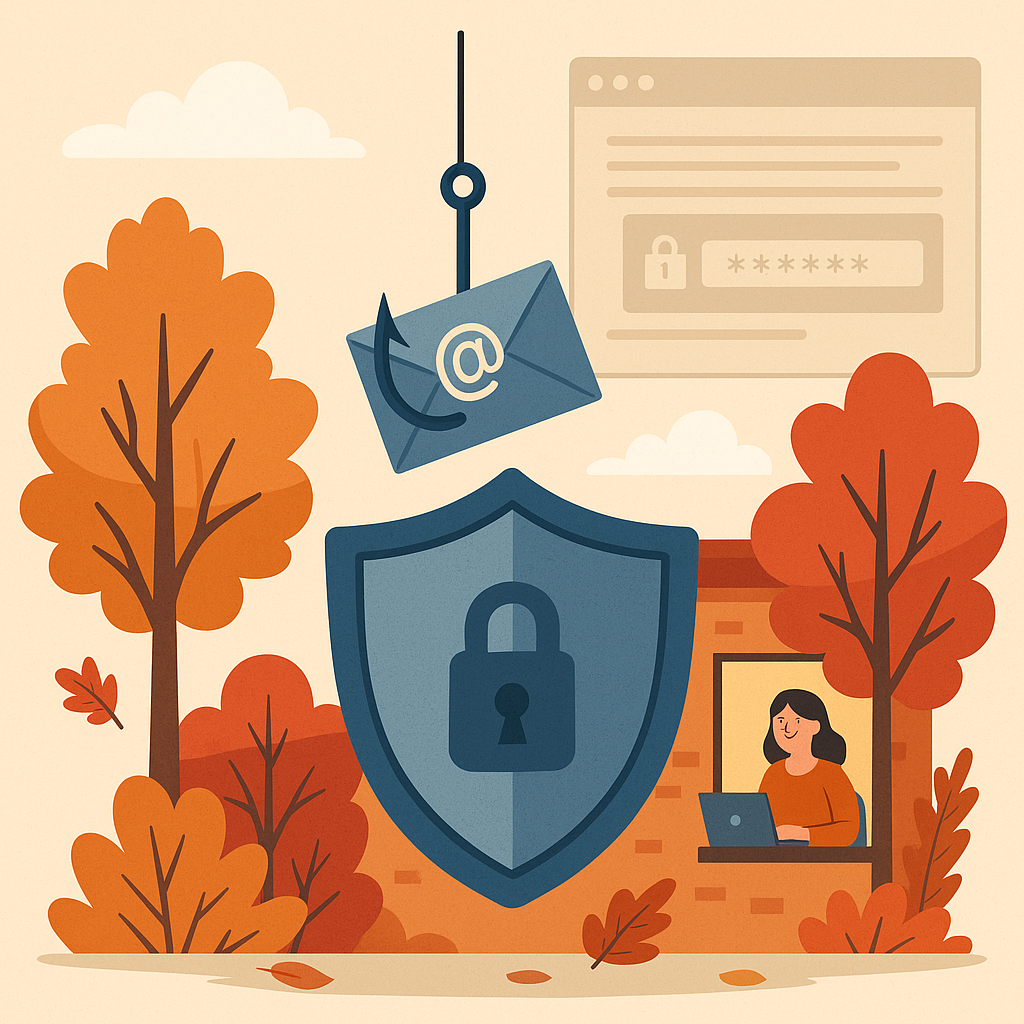Phishing is a type of cyber attack in which criminals use fake emails, text messages, and websites to trick people into giving away sensitive information, such as passwords and credit card numbers. There are several different types of phishing, each with its own set of tactics and techniques. Here are a few common types of phishing and tips on how to prevent them:
Email phishing: This is the most common type of phishing, in which criminals send fake emails that appear to be from legitimate organizations, such as banks or online retailers. These emails often contain links to fake websites that are designed to steal your personal information. To prevent email phishing, be wary of emails that ask for personal information, and never click on links or download attachments from unknown senders.
SMS phishing: Also known as "smishing," this type of phishing involves criminals sending fake text messages to trick people into giving away sensitive information. These text messages often contain links to fake websites or phone numbers that are designed to steal your personal information. To prevent SMS phishing, be wary of text messages that ask for personal information, and never click on links or call phone numbers from unknown senders.
Spear phishing: This type of phishing is more targeted, in which the attacker creates a fake email or website that appears to be from a specific person or organization. To prevent spear phishing, be extra cautious when receiving emails from specific people or organizations.
Whaling: A type of spear phishing that targets high-level executives and other VIPs. The attacker creates a fake email or website that appears to be from a specific person or organization. To prevent whaling, be extra cautious when receiving emails from specific people or organizations.
Vishing: A type of phishing that uses phone calls to trick people into giving away sensitive information. To prevent vishing, be cautious of phone calls from unknown numbers and never give out personal information over the phone.
Prevention tips:
Be cautious of emails and text messages that ask for personal information
Be wary of links and attachments from unknown senders
Be extra cautious when receiving emails from specific people or organizations
Never give out personal information over the phone
Keep your anti-virus and anti-malware software up-to-date
Use multi-factor authentication
Educate yourself and your team about phishing scams and how to spot them.
By following these tips, you can greatly reduce your chances of falling victim to a phishing attack. Remember, if something seems too good to be true or too suspicious, it probably is. Be vigilant and stay safe online!
If you would like to know more about how your company could benefit from services to prevent phishing, please contact BounceBack Solutions.
BounceBack Solutions is a cybersecurity company focused on providing cybersecurity solutions.
















